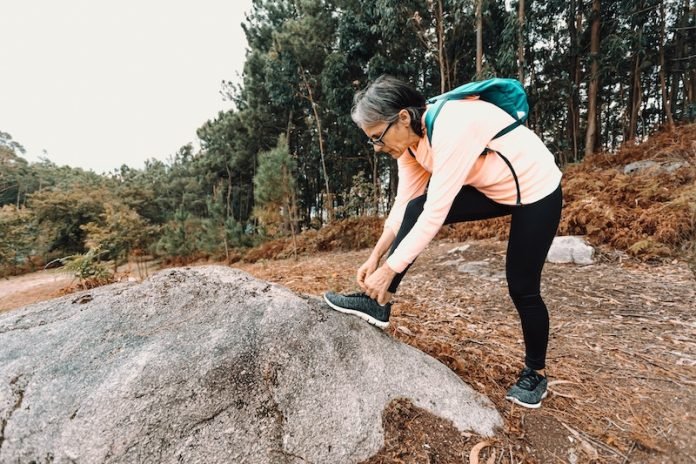
If you want to keep your mind sharp as you age, consider hitting the gym. According to a new study, regular exercise might slow the progression to dementia in older adults.
After five months of physical activity, the mental abilities of seniors with mild cognitive impairment (MCI) improved significantly, Canadian researchers found.
Additionally, computerized training to boost memory enhanced the benefits of exercise. However, taking vitamin D supplements had no notable impact on cognitive tests.
“Dementia has no cure, but lifestyle choices can help prevent it and partially counteract the effects of age and chronic diseases on brain health,” said study co-author Louis Bherer, a neuropsychologist and senior scientist and director of the EPIC Center at the Montreal Heart Institute.
MCI is the middle stage between normal brain aging and early dementia, and research suggests this is the best time to start preventive strategies and early treatment.
Study Design
For the study, 175 men and women (average age 73) were randomly assigned to exercise only three times a week, or to exercise plus vitamin D supplements or computerized cognitive training, or both for 20 weeks.
The vitamin D dose was 10,000 IU three times a week.
The researchers found that 20 weeks of aerobic and resistance exercise along with computerized cognitive training—aimed at improving memory and attitude—significantly improved cognition in patients with MCI.
The addition of vitamin D to the exercise regime, however, had no significant effect.
“While exercise is proposed for its potential protective effect on the brain and preventing dementia, adding cognitive stimulation to an exercise regimen could boost cognition even in seniors already experiencing cognitive decline,” Bherer noted.
He added that exercise indirectly helps prevent and manage chronic diseases like diabetes, high blood pressure, obesity, and others, all of which affect the brain.
Directly, exercise increases blood flow (including to the brain), improves vascular function, and enhances brain plasticity.
“In fact, some studies have shown improved volume of the hippocampus—a key region for memory that is affected early as we age,” Bherer said.
Moreover, it’s never too late to start exercising to see a benefit. “Our study suggests that even frail older adults can benefit from three months of exercise and show cognitive improvement,” he added.
Expert Opinion
Dr. Edith Burns, a professor of medicine and director of geriatrics and palliative medicine at the Zucker School of Medicine at Hofstra University/Northwell in Manhasset, N.Y., commented on the study.
“This trial adds to a substantial body of evidence showing that physical activity reduces the risk of developing dementia,” said Burns.
She noted that while patients saw a benefit from computerized cognitive training, physical activity provided most of the benefit.
She also emphasized that even the latest drugs promoted to treat Alzheimer’s disease are no more effective than a regimen of regular activity. The problem, however, lies in motivating older adults to exercise.
But the effort is worth it: “You see a relative risk reduction in the onset of dementia of close to 40% in people who are regularly physically active,” she said.
Burns believes that a healthy lifestyle plays a major role in preventing dementia in older age, perhaps surpassing the impact of genetics.
“As people age, genetics probably has less of a role in determining disease. It’s lifestyle habits that can modify genetic risk,” she added.
She urges everyone to be physically active. “It’s the old saying, use it or lose it.”
If you care about brain health, please read studies about low choline intake linked to higher dementia risk, and how eating nuts can affect your cognitive ability.
For more information about brain health, please see recent studies that blueberry supplements may prevent cognitive decline, and results showing higher magnesium intake could help benefit brain health.
The study was published in JAMA Network Open.
Follow us on Twitter for more articles about this topic.
Copyright © 2023 Knowridge Science Report. All rights reserved.



